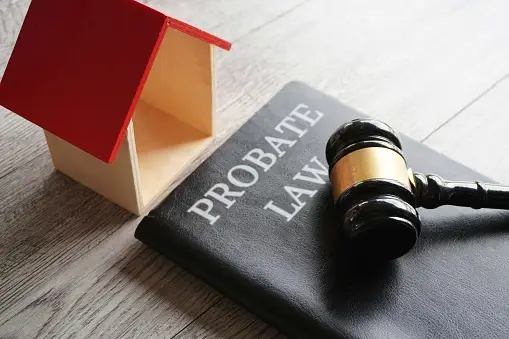Understanding Texas Inheritance Laws
Texas inheritance laws dictate how assets are distributed after a person's death, particularly when there is no will. In Texas, the laws of intestacy govern the distribution of property, ensuring that relatives receive their rightful share based on their relationship to the deceased.
For instance, if an individual dies without a will, their estate will typically be divided among their spouse and children, with specific rules determining the exact shares. Understanding these laws is crucial for heirs to navigate the probate process effectively and to ensure that their rights are protected.
Probate Alternatives: What You Should Know
Probate can often be a lengthy and costly process, leading many to seek alternatives for transferring property after death. Alternatives such as living trusts or joint tenancy can help bypass the probate process, allowing for a more streamlined transfer of assets to beneficiaries.
For example, establishing a living trust allows individuals to place their assets in the trust during their lifetime, which can then be distributed directly to beneficiaries upon their death without going through probate. This not only saves time but can also reduce legal fees associated with estate administration.
Common Mistakes in Estate Planning
Effective estate planning is essential to ensure that your wishes are honored after your passing, yet many individuals make critical mistakes that can complicate matters for their heirs. Common errors include failing to update wills, not considering tax implications, and neglecting to communicate plans with family members.
For instance, a will that hasn’t been updated to reflect significant life changes, such as marriage or the birth of children, can lead to disputes among heirs. By proactively addressing these issues, individuals can create a more effective estate plan that minimizes conflicts and ensures a smoother transition of assets.
The Role of Executors in Texas Probate
The executor plays a vital role in the probate process, acting as the individual responsible for managing the estate of a deceased person. In Texas, the executor is tasked with gathering assets, paying debts, and distributing the remaining property to beneficiaries, all while adhering to state laws and the deceased's wishes.
Choosing the right executor is crucial, as this person will need to navigate complex legal requirements and potentially contentious family dynamics. Executors are often family members or trusted friends, but it’s essential for them to understand their responsibilities and the time commitment involved in fulfilling their duties.









